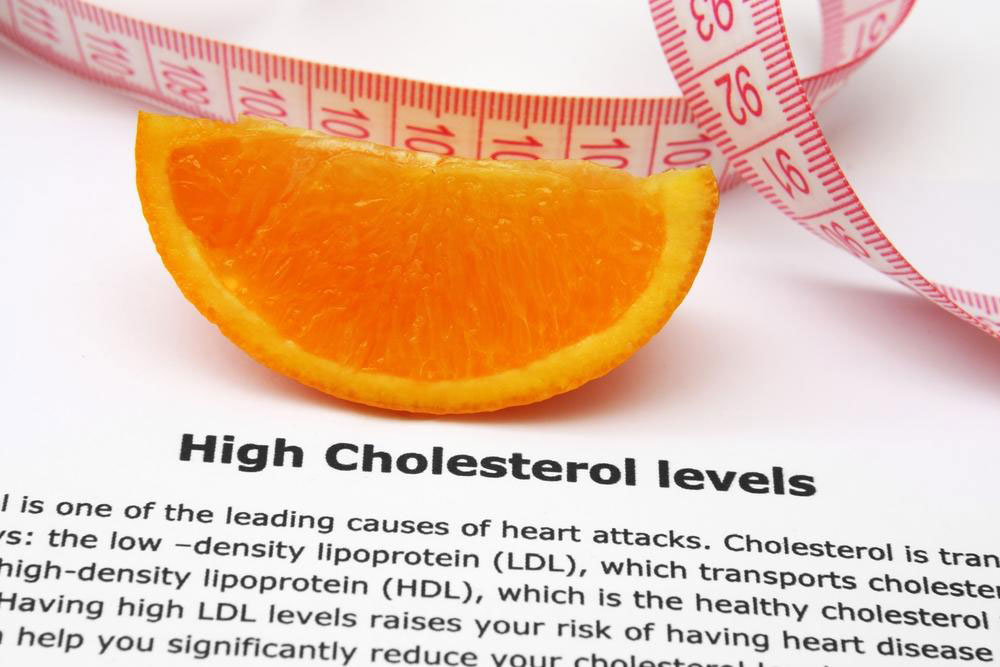Natural Ways to Enhance Testosterone Levels for Better Health and Vitality
Discover comprehensive natural strategies to boost testosterone levels, including dietary tips, exercise routines, and lifestyle habits. Enhance your vitality and overall health through proven methods that support hormonal balance and well-being.

Natural Strategies to Increase Testosterone and Promote Overall Well-being
Testosterone, the dominant male hormone, plays an essential role in numerous bodily functions including muscle development, bone density, sexual function, and mood regulation. It is primarily produced in the testicles, with additional contributions from the adrenal glands. During adolescence, increased testosterone levels result in physical transformations such as increased muscle mass, facial and body hair growth, and a deeper voice. As men age, however, testosterone levels tend to decline, which can lead to decreased vitality, reduced muscle strength, lowered libido, and other health issues. Certain health conditions and lifestyle factors can further accelerate this decline. The question many men ask is: how can I naturally boost my testosterone levels to maintain optimal health and vitality? The answer lies in adopting healthy dietary habits, engaging in targeted physical activity, managing stress, and making lifestyle adjustments that promote hormone balance.
The good news is that there are proven natural methods to elevate testosterone levels. These include consuming a diet rich in specific nutrients, engaging in strength and high-intensity exercise routines, and adopting lifestyle practices that reduce stress and promote hormonal health. Let’s explore these strategies in detail to help you understand how to effectively enhance your testosterone production naturally and sustainably.
Dietary Approaches to Boost Testosterone Naturally
A balanced diet plays a crucial role in regulating and maximizing testosterone levels. Specific foods are especially beneficial in supporting hormone synthesis by providing essential nutrients like zinc, vitamin D, and healthy fats. Incorporating these foods into your daily meals can make a significant difference:
Tuna and Fatty Fish: Rich in vitamin D, fatty fish such as tuna, salmon, sardines, and mackerel directly support testosterone production. Vitamin D is critical for hormonal health, and regular intake through these fish varieties can contribute to higher testosterone levels.
Low-fat Dairy Products: Skimmed milk, yogurt, and other low-fat dairy sources supply not only calcium and protein but also contain small amounts of vitamin D, helping regulate testosterone synthesis while maintaining heart health.
Fortified Cereals: Many breakfast cereals are fortified with vitamin D and other vital minerals. Consuming fortified cereals each morning ensures a steady supply of nutrients essential for hormone production throughout the day.
Egg Yolks: Known for being nutrient-dense, egg yolks pack a substantial amount of vitamin D and other essential nutrients that support testosterone synthesis. Including eggs in your breakfast can promote hormonal health.
Oysters and Seafood: Oysters are famously high in zinc, a mineral fundamental to testosterone production. Other zinc-rich seafood like crab and lobster can bolster your zinc levels, especially beneficial in case of deficiency.
Red Meat - Lean Cuts and Liver: Modest consumption of lean beef cuts such as chuck roast, sirloin, and liver supplies vitamin D and zinc, both crucial for maintaining high testosterone levels. Moderation is advised to avoid potential health issues associated with excessive red meat consumption.
Garlic and Onions: Regular garlic intake has been linked to increased testosterone levels. Garlic contains compounds that improve blood flow and may stimulate hormone production.
Herbal Teas and Natural Drinks: Replacing coffee occasionally with herbal teas can help reduce cortisol, a stress hormone that negatively impacts testosterone. Herbal teas can promote relaxation and better sleep quality, further supporting hormonal balance.
Beans – Kidney, Black, and White Beans: These legumes are fantastic sources of zinc, magnesium, and vitamin D—nutrients associated with healthy testosterone production.
Lifestyle Habits That Promote Natural Testosterone Increase
Apart from dietary considerations, lifestyle choices significantly influence testosterone levels. Making specific changes can help optimize hormone production:
Strength Training and Resistance Exercises: Engaging in weightlifting exercises such as squats, deadlifts, bench presses, and other resistance workouts stimulates testosterone release. Heavyweight training increases muscle mass and promotes anabolic hormone production.
High-Intensity Interval Training (HIIT): Short, intense workout sessions under 45 minutes, including sprints, jump training, and circuit routines, are highly effective in boosting testosterone levels when performed regularly.
Managing Stress Effectively: Chronic stress elevates cortisol, a hormone that suppresses testosterone production. Techniques such as meditation, yoga, deep breathing exercises, and adequate leisure activities can help mitigate stress and support hormonal health.
Reducing or Quitting Smoking: Smoking negatively impacts overall hormonal health, including lowering testosterone levels. Quitting smoking can lead to improvements in hormone balance and overall wellness.
Ensuring Thyroid Health: Hypothyroidism (low thyroid function) can impair testosterone production. Regular thyroid function testing and medical management if needed are vital for hormonal equilibrium.
Sunlight Exposure and Vitamin D Optimization: Sunlight stimulates vitamin D synthesis in the skin, essential for testosterone production. In cases where sun exposure is limited, vitamin D supplements can be an effective alternative.
Additional Tips for Supporting Hormonal Balance
Beyond diet and exercise, other factors help maintain optimal testosterone levels:
Getting Enough Sleep: Quality sleep is essential for hormone regulation. Aim for 7-9 hours of restful sleep each night to support testosterone synthesis.
Limiting Alcohol Consumption: Excessive alcohol intake can lower testosterone levels and impair liver health, which influences hormonal balance. Moderation is key.
Maintaining a Healthy Body Weight: Obesity is associated with decreased testosterone production. Achieving and maintaining a healthy weight through diet and exercise is beneficial for hormone health.
In conclusion, naturally increasing testosterone levels involves a comprehensive approach that combines nutritious eating, regular resistance and high-intensity exercise, stress management, and healthy lifestyle choices. These strategies not only boost testosterone production but also enhance overall health, vitality, and quality of life. Consistency and moderation are vital for long-term success. By adopting these practices, you can effectively support your hormonal health and enjoy a more energetic, balanced life.





